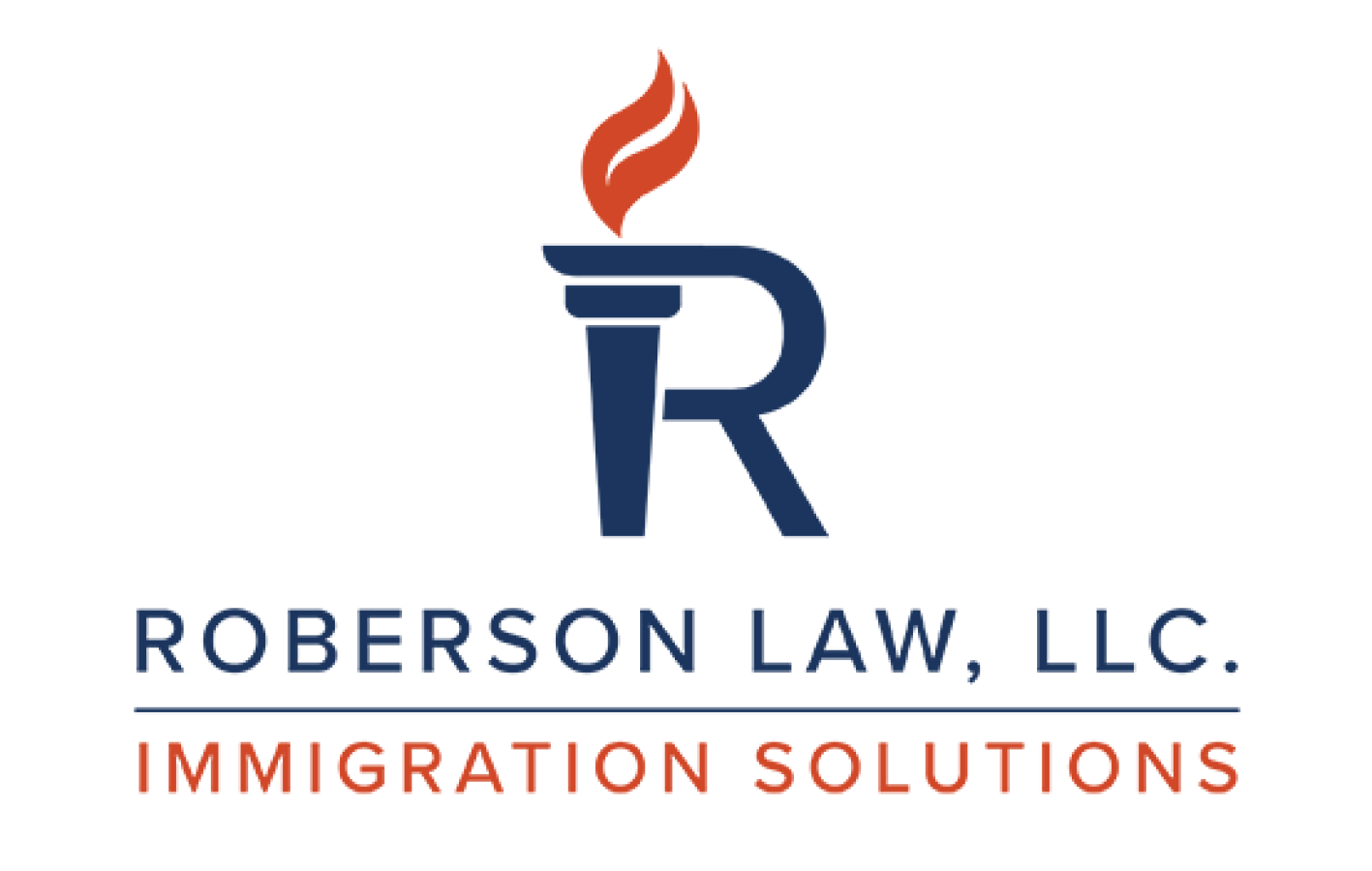On April 27, 2021, U.S. Citizenship and Immigration Services (USCIS) announced policy guidance instructing officers to give deference to prior agency determinations when adjudicating extension requests involving the same parties and same material facts unless the initial decision contained a material error.
Essentially, USCIS is reverting to guidance that was in place from 2004 until it was rescinded by the previous U.S. Administration in 2017. Deference to prior approvals will help to restore predictability and fairness to adjudications, benefiting employer sponsors and foreign national applicants.
This update is in accordance with the Administration’s executive order, Restoring Faith in Our Legal Immigration Systems and Strengthening Integration and Inclusion Efforts for New Americans. The executive order directs the secretary of homeland security to identify barriers that impede access to immigration benefits and fair, efficient adjudications of said benefits. Affording deference to prior approvals involving the same parties promotes efficient and fair adjudication.
The policy is also meant to help USCIS better allocate resources, improve operational efficiency, and eliminate backlogs as it moves to streamline the adjudication of benefit applications.
On the day prior, the State Department issued updated National Interest Exemption (NIE) guidance for travelers restricted from entering the U.S. due to their presence in China, Iran, Brazil, South Africa, the Schengen Area, the United Kingdom, and Ireland, stemming from the COVID-related regional travel bans covered by Presidential Proclamations.
Students with valid visas intending to begin or continue an academic program commencing August 1, 2021, or later do not need to contact an embassy or consulate to seek an individual NIE to travel. They may enter the United States no earlier than 30 days before the start of their academic studies with a valid visa.
Students seeking to apply for new F-1 or M-1 visas should check the status of visa services at the nearest embassy or consulate. If qualified for a student visa, they will automatically be considered for an NIE to travel.
This action is meant to facilitate the admission of foreign students and also allow the consulates to reallocate resources to help clear backlogs in issuing immigrant and nonimmigrant visas stemming from COVID-19, consular closures, and regional and visa category travel bans.
Are you or your family affected by the new policies? In these uncertain times, It is more important than ever to have adequate representation. Call us today for a consultation.
Learn more about Roberson Law, LLC.
Photo by Elias Castillo on Unsplash







